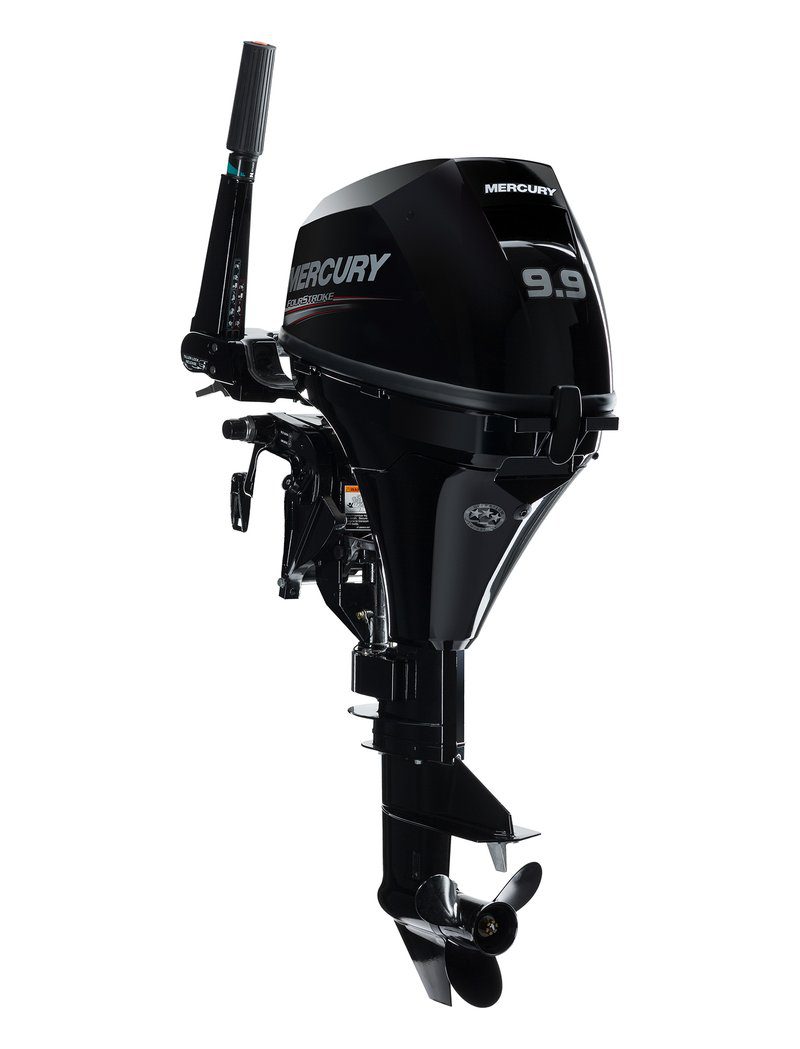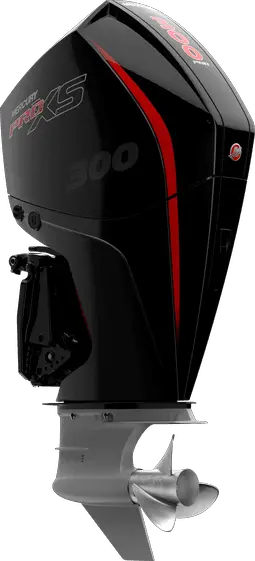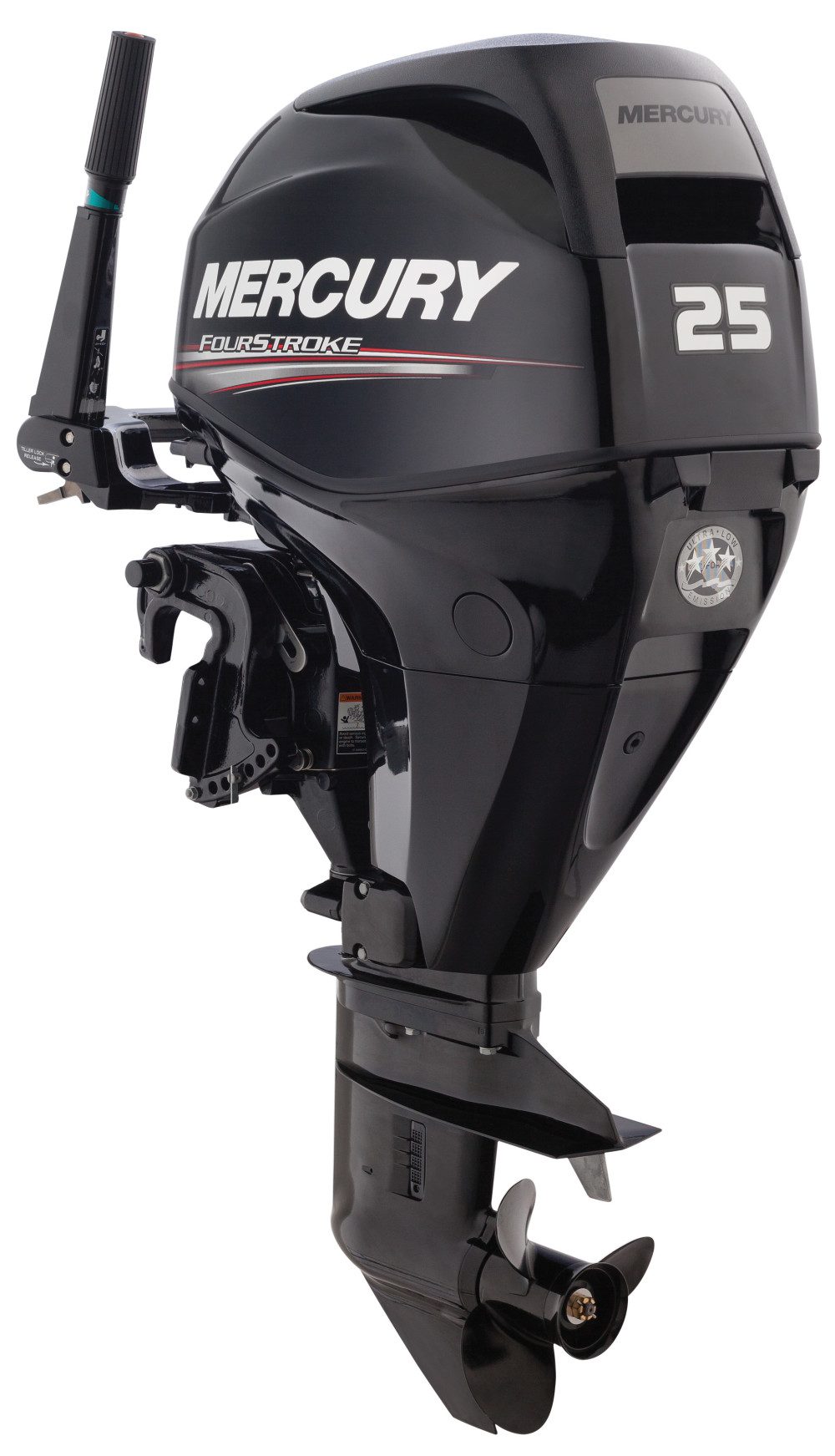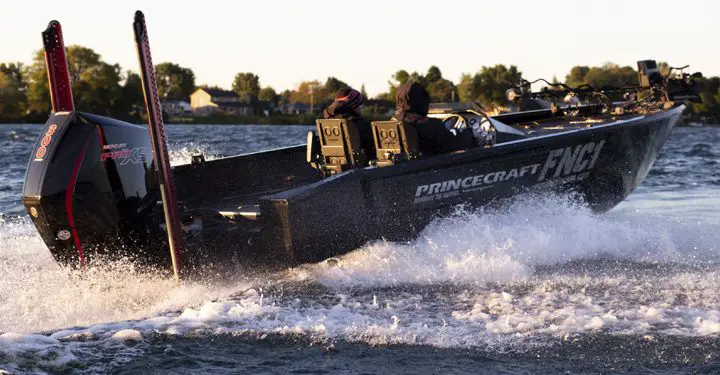You don’t need to know how to split the atom to fish but it sure would help. Angling has turned into such a complex pursuit. Today it’s all about making decisions, make the right ones and you’re a hero, make the wrong ones and you go home with a boat full of excuses. Aside from the obvious choices like what baits to use, what reel what rod, there’s the age-old question, how much horsepower do I need for my fishing boat.
It’s probably one of the most frequently asked questions on fishing and boating forums. It seems that I’ve been asked that question a million times and my answer has always been the same, get the maximum horsepower that the boat manufacturer rates it for, you’ll save money in the long run and get much more enjoyment out of your boat…you could say more is less!

I can throttle my 300 ProXS Merc down to troll like a 9.9 but I can’t get a 9.9 Merc to push my boat across the lake at 70 miles per hour. Now I realize that statement may be a bit of a stretch but in principle, it makes a lot of sense and let me explain why.
To start with, whether it’s your outboard motor or the engine in your car, an internal combustion engine is not designed to run at maximum rpm most of its life without seriously compromising its longevity. As well the optimum fuel economy is usually found somewhere in the low to mid-range part of the power curve and the highest fuel consumption happens at full throttle.
 So, if you have a 16’ boat that’s underpowered by a 15 horsepower engine that runs full throttle to achieve a reasonable top end speed of 10 miles per hour and you do that 1-hour every day for 100 days versus the same boat with a 25 horsepower outboard that runs at mid throttle to achieve that same 10 miles per hour and did it for 1 hour every day for 100 days, I’m willing to bet 2 things are going to happen. First, your fuel consumption over the same number of running hours will be the same if not lower with the 25 horsepower and secondly if the engines were to be dismantled and inspected the 15 would be far worse for wear. So, at the end of the day, all things being equal more horsepower can end up costing far less when you factor in both fuel consumption and longevity.
So, if you have a 16’ boat that’s underpowered by a 15 horsepower engine that runs full throttle to achieve a reasonable top end speed of 10 miles per hour and you do that 1-hour every day for 100 days versus the same boat with a 25 horsepower outboard that runs at mid throttle to achieve that same 10 miles per hour and did it for 1 hour every day for 100 days, I’m willing to bet 2 things are going to happen. First, your fuel consumption over the same number of running hours will be the same if not lower with the 25 horsepower and secondly if the engines were to be dismantled and inspected the 15 would be far worse for wear. So, at the end of the day, all things being equal more horsepower can end up costing far less when you factor in both fuel consumption and longevity.
But the real bonus, of course, is when that wind kicks up unexpectedly and you happen to be at the wrong end of a 5-mile trek back to the dock it’s really nice to have those extra ponies.
But fuel economy is not always the deciding factor nor is the life expectancy, up until recently 2 other elements played a major role when purchasing outboard horsepower. Cost and weight. I say recently because major breakthroughs in both those areas by the folks at Mercury Marine has changed all of that and I anticipate all outboard motor companies are going to have to follow suit.
With the introduction of the new Merc 4 stroke engines weight and costs have come down and performance and durability have gone up. Now, you truly do get more for less.





